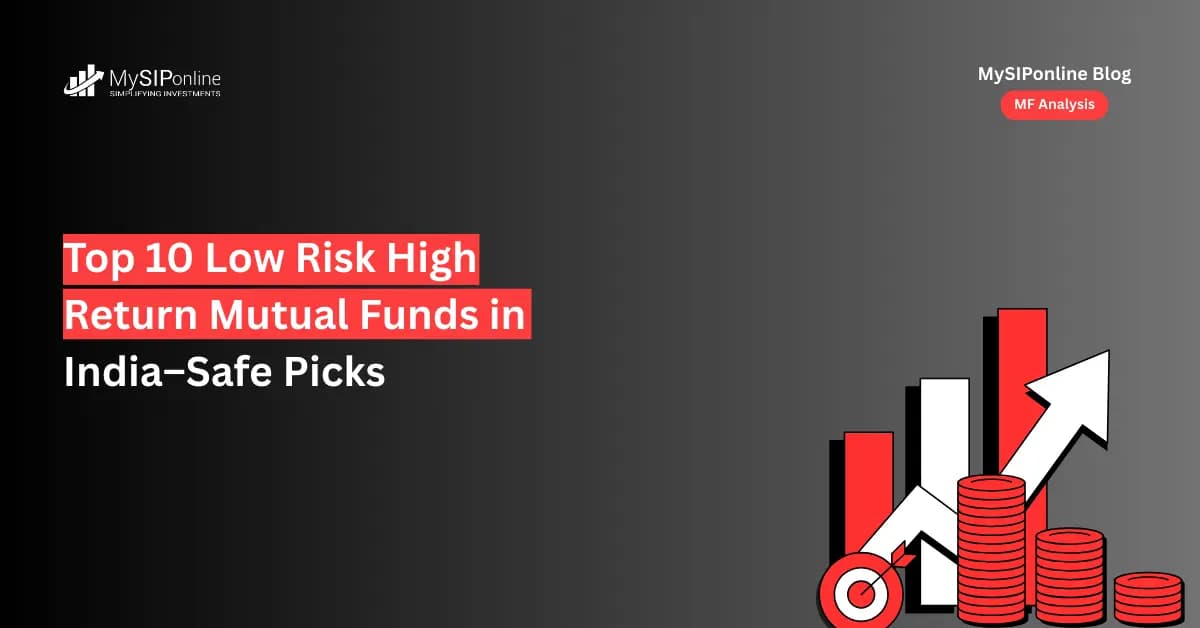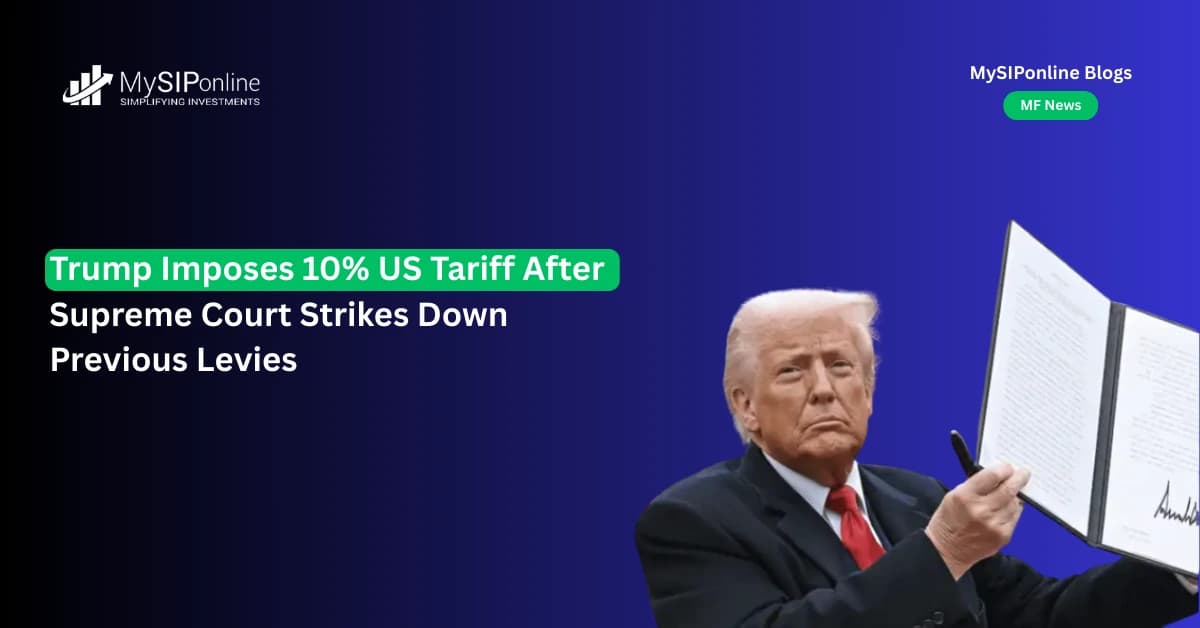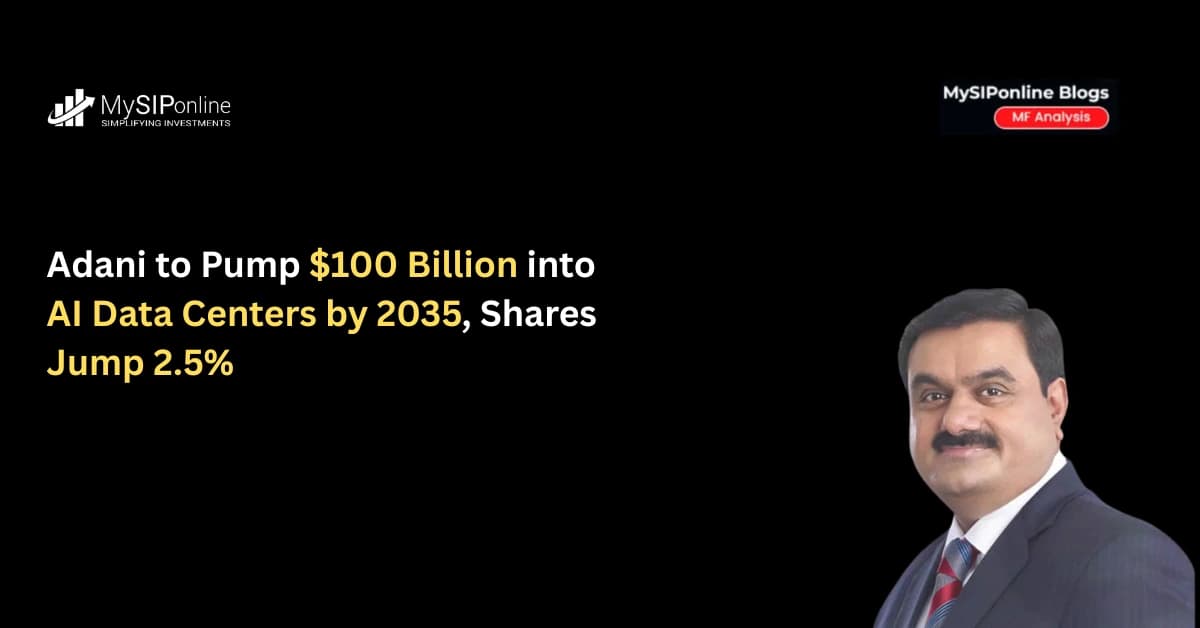Well, it’s official now! The introduction of long-term capital gain (LTCG) tax on equity investments in the Union Budget 2018 has hurt the sentiments of several investors on Dalal Street. Finance Minister, Arun Jaitley, on Thursday, February 1, 2018, announced a 10% levy on the capital gains with immediate effect of over 1 lakh without allowing any indexation benefit. This imposition of LTCG tax would definitely be a double whammy for investors who pay Securities Transaction Tax (STT) on every transaction.
In the knee-jerk reaction, Sensex fell over 400 points, thus proving the point of the market veteran Madhusudhan Kela as earlier she warned saying, “Any change in the existing affairs could trigger a correction in the market.”
Now, the point of debate here is whether it is the time to be worried for equity investors or not. To get a brief idea of the same, let’s shed some light on the facts and come to a conclusion!
1.It is disappointing, but not worrisome.
We cannot completely ignore the fact that the current budget announcements of fiscal slippage from the target of 3.2 percent to 3.5% and the imposition of 10% tax on long-term capital gains are considered as negatives for the investors. But on the same hand, applying the grandfather clause to the LTCG on purchases till January 31, 2018, has mitigated the adverse impact to a large extent. Overall picturing the entire budget concerning the mutual fund market, there is no major harm.
2.Put a halt on equity investments? Definitely Not!
To begin with this, it is quite essential to make peace with the fact that your investment decisions are not based on such market speculations. At MySIPonline, we keep reminding our investors not to get emotional when investing. If you are anxious about your capital gains, then it’s time to remind yourself of the goal with which you initiated your investment in equity in the first place.
Not to forget, the purpose was to experience the potential of the equities in helping you achieve long-term capital and superior returns than any other asset class. We agree with the point that the gains generated were tax-free on holding investments for a year, but that was just the icing on the cake, not the big remaining part.
Explaining the situation, Nilesh Shah, the MD of Kotak Mahindra Asset Management Co Ltd., stated that "Take the Budget as a station on the journey. Some may push the market higher, and some might push it lower. The investments you make are tied to your investment goals. Budget is an event which may or may not impact the market. Your goal should not change because of the budget.”
3.The change in norms may not significantly influence FII flow.
Yes, the primary factor is that most of the countries around the globe levy this tax on LTCG. Secondly, they are more concerned with the net returns that they earn, and thus if the Indian market or equities can give them returns higher than their threshold or other competing countries, then they will stash their monies in equity-based funds.
Besides, the FIIs are watchful about the currency movement. In the situation when they know that Indian rupee will appreciate, they will still remain bullish in India. So, there’s no point in shifting the investment for them.
Thus, it is clear that there is nothing to be worried about. As in the beginning, we mentioned that the Sensex crashed over 400 points after finance minister announced 10% tax levy on equity transactions but later it cut losses to trade over 233 points higher at 36,198.
In Conclusion
Being an Indian investor, it is nearly impossible for us to abandon the market merely due to an upsurge in the applicable tax rate to long-term capital gains. However, you must remember the basic rule of investing, i.e., take only as much risk as you are comfortable with. It is not advisable to change asset allocation based on such specific events like budget allocation or short-term market fluctuations whose impact is complicated to predict.
For more updates on Budget 2018 and investment tips, keep following us. We, at MySIPonline, offer the best online investment services that can undoubtedly help you achieve your financial objectives effortlessly.











